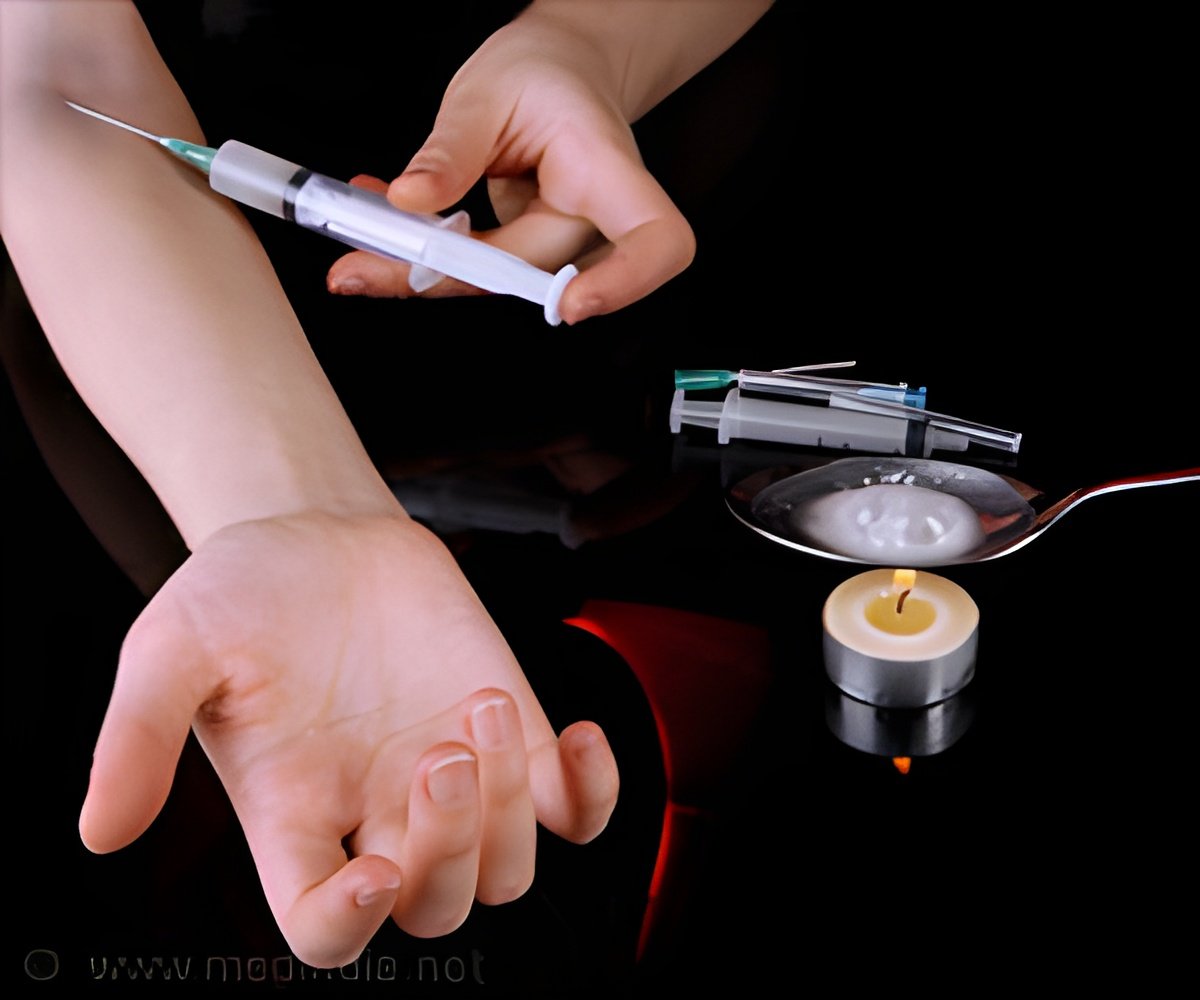An increased number of teenagers and young adults were involved with an overdose involving a benzodiazepine (BZD), revealed Rutgers researchers.

‘According to the Centers for Disease Control and Prevention, in 2019, 4,777 youth died from a drug overdose in the United States -- 727 from overdoses involving BZD and 902 from overdoses involving psychostimulants.
’





The study, published in Pediatrics, examined how often youth who overdosed on a BZD or stimulant had a recent medical prescription for that drug. They found that 29 percent of youth with overdoses involving BZD had a doctor-written prescription dispensed in the prior month and 42 percent in the prior six months while 25 percent of youth with an overdose involving stimulants had a stimulant prescription dispensed in the prior month and 39 percent in the prior six months.
“Given that a substantial proportion of youth with overdoses involving BZD or stimulants have prescriptions for these drugs in the prior months, physician encounters when these medications are prescribed may offer an opportunity to identify youth at high risk of overdose,” said corresponding author Greta Bushnell, a core member of the Center for Pharmacoepidemiology and Treatment Sciences at Rutgers Institute for Health, Health Care Policy and Aging Research (IFH).
Using a large United States administrative claims database covering privately insured youth between 2016 and 2018, researchers identified youth ages 15-24 who had a hospital or emergency department encounter for an overdose involving BZD or stimulants. Researchers then utilized prescription records to identify whether these youth had been prescribed those medications in the months before their overdose.
Researchers also found that youth with intentional BZD and stimulant overdoses were more likely to have recent prescriptions for these drugs than youth with unintentional overdoses.
Advertisement
Future research quantifying the risk of overdose with BZD and stimulant treatment will inform treatment decisions in this young population, researchers said.
Advertisement
Source-Eurekalert















